Published: 22 Oct 2025, 07:03 pm
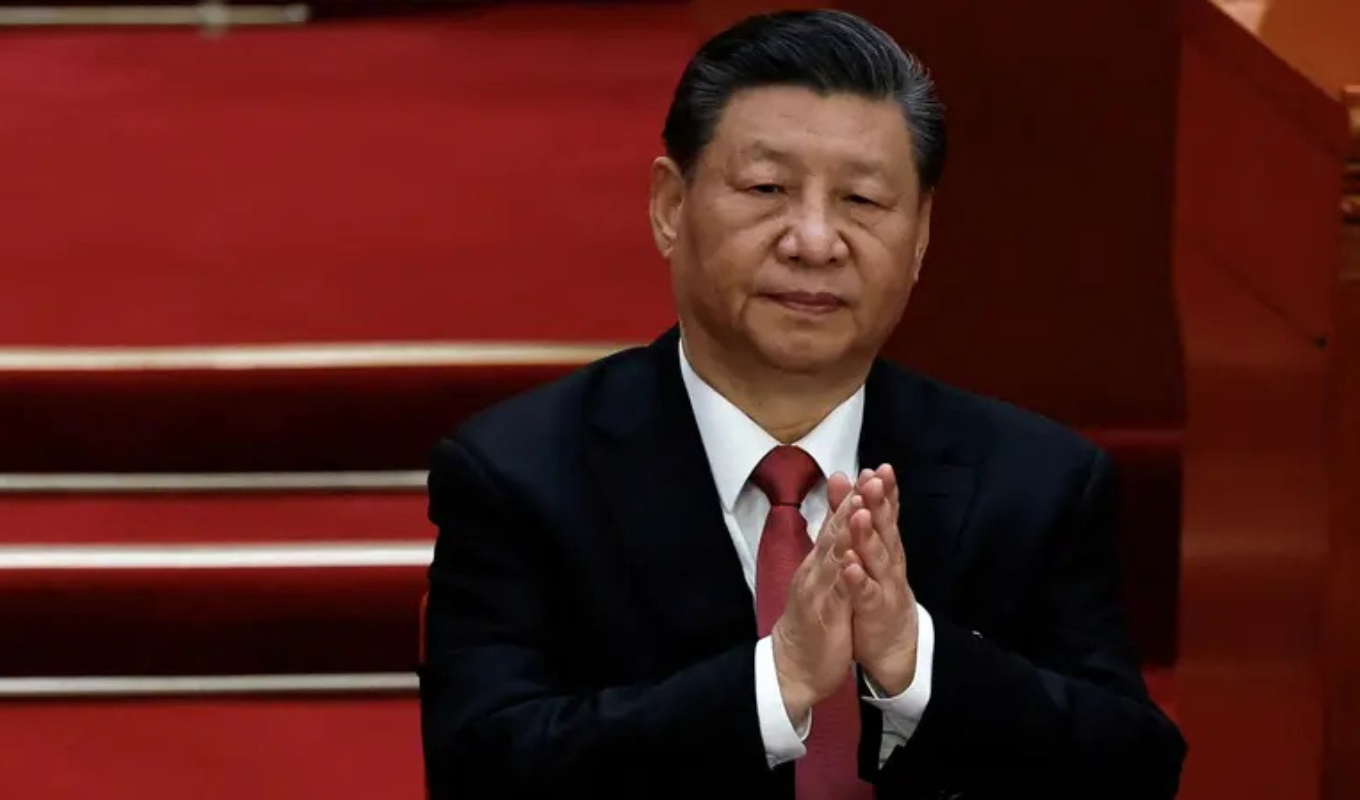
The top leadership of China’s Communist Party has convened in Beijing this week for a crucial strategy meeting aimed at charting the nation’s economic course through 2030 — a roadmap that will determine the direction of trade, industry, and social policy for years to come.
Once hailed for its meteoric transformation from poverty and isolation into a global manufacturing and technological powerhouse, China now faces a far more complex reality. The country’s second-largest economy is grappling with an ageing population, sluggish household consumption, and deepening trade frictions with the United States and its allies — all of which threaten to slow its growth trajectory.
The gathering, officially the Fourth Plenum of the Central Committee, runs until Thursday, and is expected to lay the groundwork for China’s next Five-Year Plan. Economists and global markets are watching closely for policy signals that may shape Beijing’s response to these mounting challenges.
Key Economic Challenges Facing Beijing
| Issue | Current Situation | Outlook / Policy Focus |
| Consumer Spending Slump | Domestic consumption remains weak due to post-pandemic caution, a fragile property market, and limited social welfare systems. | Reforms are expected to tackle income inequality and expand welfare coverage to boost confidence and spending. |
| Trade Friction with the U.S. | Trump’s renewed tariff policies and strategic decoupling efforts have strained exports, though China has shifted trade toward Southeast Asia. | Possible Xi–Trump meeting could offer a diplomatic off-ramp, though tensions remain high. |
| Rare Earth Dominance | China remains the world leader in mining and processing rare earth minerals, critical for global technology production. | BMI (Fitch Solutions) reports Beijing’s dominance will remain secure in the short to medium term, despite Western diversification efforts. |
| Industrial Overcapacity | Overproduction in sectors such as EVs, solar panels, and steel due to weak domestic demand. | Beijing may curb industrial subsidies and redirect investment toward high-tech innovation and green transition. |
| Property Market Crisis | The real estate sector collapse continues to depress consumer confidence and demand for building materials. | Economists expect the “property clean-up” to be the top domestic challenge for the next five-year period. |
Following the reform boom of the 1970s and 1980s, China’s growth was fuelled by exports and infrastructure investment. Today, however, those engines are stalling.
Economists argue that rebalancing toward domestic consumption is essential for sustainable development. Yet consumer confidence remains subdued. Analysts at ANZ Research note that both “cyclical and structural factors” are to blame — from a fragile job market to weak social safety nets.
Adding to this pressure, China’s population has begun to decline, even after the one-child policy was scrapped in 2016. The shrinking workforce could alter consumption habits and strain the state’s ability to sustain economic momentum.
The return of Donald Trump to the White House has reignited uncertainty over tariffs and trade relations. While Chinese exporters have managed to redirect shipments to emerging Asian markets, Washington continues to rally allies to curb China’s influence in strategic industries, notably rare earths.
Beijing’s response has been a mix of defiance and pragmatism — consolidating its dominance in critical minerals while signalling openness to high-level talks. Observers are closely watching for a potential Xi–Trump summit in Budapest, which could determine whether tensions ease or intensify.
Since the property bubble burst in 2021, China has leaned heavily on manufacturing and investment to prop up growth. This shift, according to Nomura analysts, has produced industrial overcapacity, particularly in electric vehicles and renewable energy sectors.
To absorb the surplus, Beijing has ramped up exports — a move that has triggered accusations of market flooding from Western nations and could invite further sanctions.
China’s once-booming property market remains a major drag on the economy. The collapse of several large developers has not only eroded household wealth but also dampened demand for key construction materials such as steel, cement, and glass.
Nomura’s report highlights that “cleaning up the property market mess” will be the primary domestic task in the upcoming five-year plan.
As the Fourth Plenum concludes, China’s leadership faces a stark balancing act: stimulate domestic demand, manage demographic decline, avoid trade isolation, and revive investor confidence — all while maintaining political control and social stability.
The world’s eyes remain fixed on Beijing, where the policies forged this week could define not only China’s economic resilience but also its global influence in the decade to come.

The Louvre Museum reopened to the public on Wednesday, three days after it was forced to close follo...
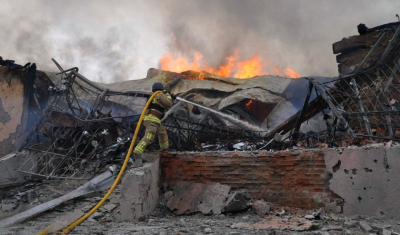
A series of overnight Russian missile and drone strikes across Ukraine left six people dead, includi...

Japan’s newly appointed Environment Minister, Hirotaka Ishihara, has vowed to implement stricter mea...

Football fans witnessed an electrifying night of action as the UEFA Champions League delivered a flo...
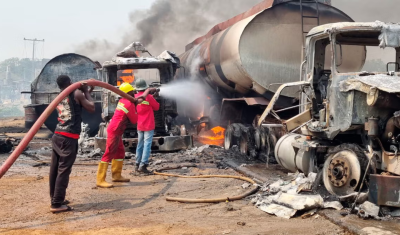
Abuja, Wednesday — The death toll from a petrol tanker explosion in central Niger State, Nigeria, ha...

Jerusalem, Wednesday — United States Vice President JD Vance on Wednesday acknowledged that major ch...
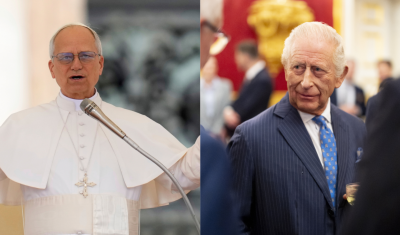
Vatican City, Wednesday — King Charles III is set to embark on a historic state visit to the Vatican...

Ukrainian President Volodymyr Zelensky arrived in Oslo on Wednesday for high-level discussions with...
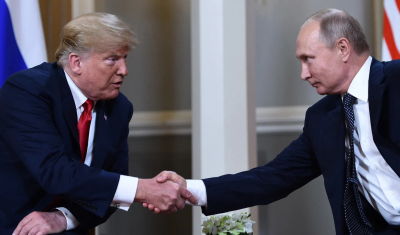
Russia confirmed on Wednesday that preparations for a presidential summit between Vladimir Putin and...

Israel’s military announced on Wednesday that the remains of two additional hostages repatriated fro...

Brazil’s Supreme Court on Tuesday sentenced seven individuals to prison terms ranging from 7.5 to 17...
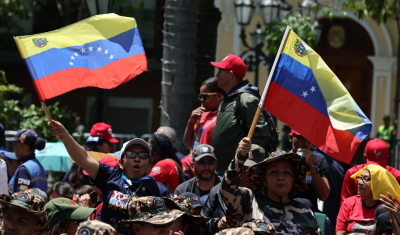
United Nations human rights experts on Tuesday accused the United States of violating Venezuela’s so...